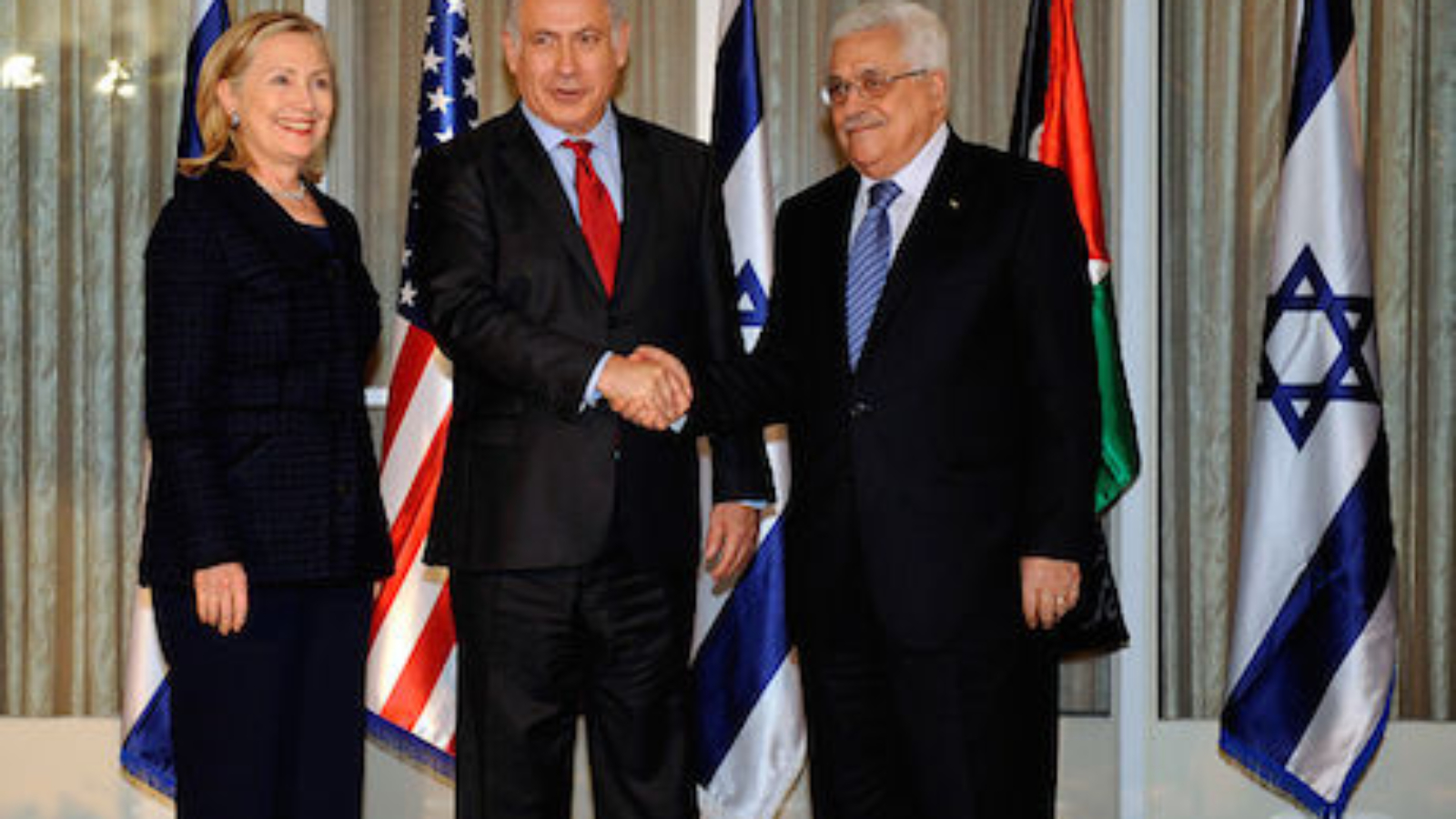This article was previously published on The Huffington Post.
By Dr. Alon Ben-Meir
Throughout the 48 years of Israeli occupation, both Israelis and Palestinians have adopted and implemented policies in an effort to buttress their positions when in fact these policies have proven to be dangerously counterproductive and have now come back to haunt them. Both sides need to take a hard look at what has gone wrong and start by disabusing themselves of the notion that either can have it all, which was the driving force behind their political actions.
Although successive Israeli governments preached the gospel of a two-state solution, they have systematically adopted policies that run contrary to that promise.
They have continuously built new and expanded existing settlements. Driven by a messianic impulse, they usurped Palestinian territory inch by inch with the intention of creating irreversible facts on the ground, rendering the prospect of a Palestinian state unrealizable.
Although the settlements enterprise seems successful, it is jeopardizing Israel's spiritual well-being and creating the conditions for what Robert Jay Lifton calls an "atrocity producing situation." That is an environment structured in such a way that an "average person entering it could be capable of producing atrocities."
The kidnaping and brutal killing of three Israeli teenagers and the retaliatory abduction and burning to death of a Palestinian child is one of many cases in point.
Methodically harsh measures have been taken in the occupied territories, including night raids, imprisonment without trial, limiting of mobility, arbitrary search and seizure, punitive home demolitions, and revoking residency, among others. All this has led to diminishing Israel's democratic principles and its prospect of remaining a Jewish state.
As a result, the psychological response of both the occupiers and the occupied has led to fear, loss of trust, helplessness, anger, and grief, as well as indiscriminate rage and brutalization.
While robbing the Palestinians of their dignity, these ruthless practices have dehumanized the Israelis themselves and invited widespread international condemnation with far-reaching repercussions.
Adding insult to injury, Israeli leaders have regularly engaged in acrimonious public narratives portraying the Palestinians as evil, untrustworthy, and bent on Israel's destruction.
Over time, a large segment of the Israeli population became persuaded that there is no worthy negotiating partner, which has severely undermined any prospect of a peace agreement, forcing the Palestinians to seek an international remedy which will have a profoundly adverse effect on the country.
They have exploited the Palestinians' disunity and the presumed existential threat posed by extremist Palestinians as the reason why peace remains elusive. This fatalistic approach amounts to nothing short of a self-inflicted wound, as only peace can ensure Israel's security and longevity.
Israeli politicians have used national security as a blanket to justify any misdeeds while using military force to provide a quick solution to an endemic conflict, provoking violence instead of stability. As a result, Israel has gradually become a garrison state — isolated, scorned, and reviled for having lost its bearing and raison d'être.
Inversely, the Palestinian people damage their own cause more than any outside power by resorting to violent resistance, occasionally interrupted by periods of calm. They have also been engaged in rancorous public discourse, further alienating the Israeli public while deepening the Palestinians' resentment and hatred toward Israel.
As a result, they have widened the psychological divide with Israel and nurtured the perception that Israel is and will remain an implacable foe, leaving little room for reconciliation and acutely undercutting their aspiration for statehood.

Palestinian leaders have deliberately perpetuated the plight of the Palestinian refugees, using them as pawns in their struggle with Israel. They continue to promote the false hope of the right of return, leaving millions of refugees languishing in camps while preventing resettlement and/or compensation, which has made the solution to the refugee problem ever more intractable.
Instead of focusing on nation-building, they used the threat or use of violence to achieve their political objective. As a result, they largely remained despondent and dependent on outside resources to sustain themselves while displaying weakness compared to Israel's military and economic prowess, thereby allowing Israel to have the upper hand in peace negotiations.
The split between the PA and Hamas and their inability to reconcile for the past eight years continues to plague the Palestinians, preventing them from achieving a unity of purpose and non-violent plans with which to challenge Israel.
Sadly, both Israelis and Palestinians remain engaged in what Lifton defines as "totalism," which is a characteristic of an ideological movement that desires total control over the behavior of the other. It is motivated by a reactionary fear of social change, as well as a desire for security channeled into violence against groups that represent a threat to survival.
Given the dramatically changing political dynamic between them in recent days, the Israelis and Palestinians have now, as in the past, only one choice to make — they must coexist.
Whereas the Palestinians have turned to the international community for recognition and restitution, they will be wise to take no further steps until after the Israeli elections and a new government is formed.
The Israeli electorate cannot afford to treat this election like any other and must choose wisely the leaders who recognize the vastly changing political environment and will accept the inevitable — a Palestinian state.
This may well be the last chance for years to come to choose between either a novel promise of peace or a new peril.
*****
*****
Dr. Alon Ben-Meir is a professor of international relations at the Center for Global Affairs at NYU. He teaches courses on international negotiation and Middle Eastern studies.
[Photos courtesy of Wikimedia Commons and Takver]